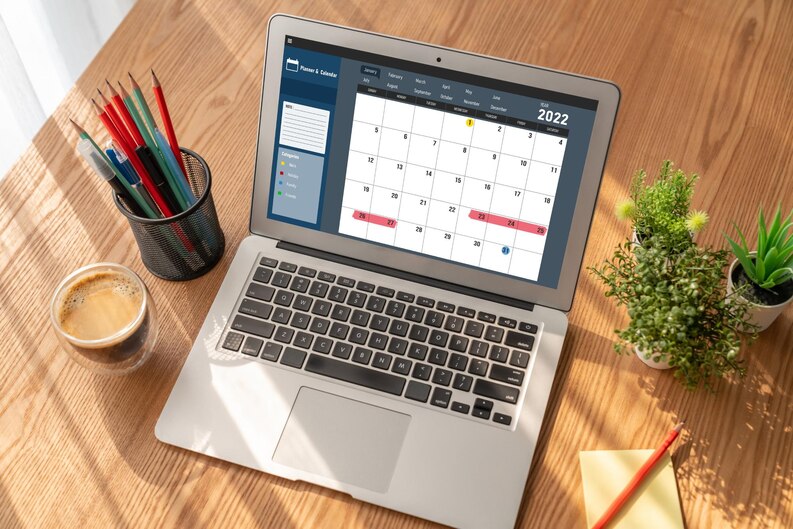
Understanding the Issuance of Consolidated e-Invoices
In the world of digital transactions, e-Invoices have become a crucial part of business operations. However, there are instances where a buyer may not require an e-Invoice. In such cases, the supplier can issue a normal statement or bill to the buyer, similar to the current business practice. The supplier is allowed to aggregate these statements or bills to create and submit a consolidated e-Invoice for validation by the Inland Revenue Board of Malaysia (IRBM) in accordance with the current issuance period for statements or bills for the respective businesses. Upon aggregation of statements or bills, the supplier is required to create and submit a consolidated e-Invoice to IRBM for validation, within seven calendar days after the end of the billing period. […]







